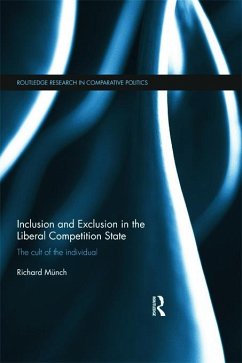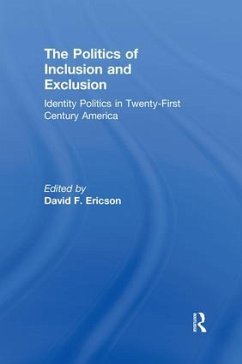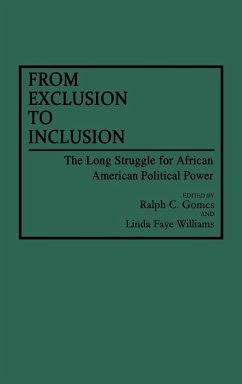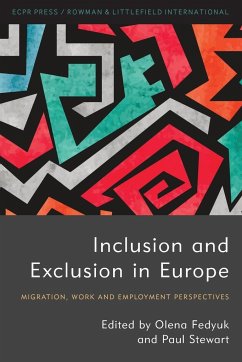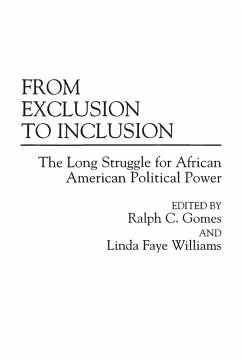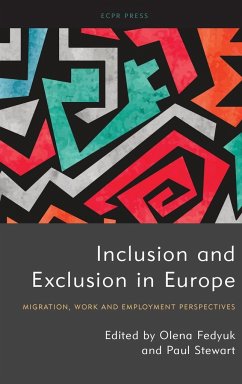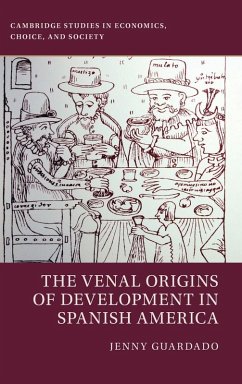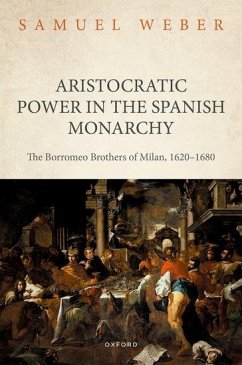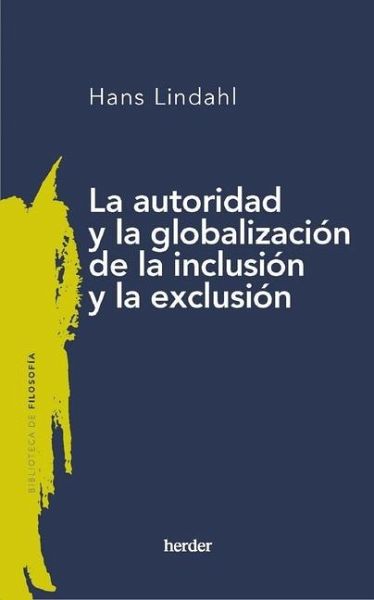
Authority and the Globalisation of Inclusion and Exclusion Spanish Edition
The traditional legal system, as well as realistic and analytical theories of law, do not account for what truly determines the legal inclusion or exclusion of a citizen. Both the "anti" and "alter-globalization" movements warn of this phenomenon. Today more than ever, transnational and globalizing legal systems--which are not spatially limited and also have the universalizing claim to include every human being in their jurisdiction--challenge the borders of States. However, is a legal order possible that can include everyone, without any exclusion? Hans Lindahl is clear: it is not possible to...
The traditional legal system, as well as realistic and analytical theories of law, do not account for what truly determines the legal inclusion or exclusion of a citizen. Both the "anti" and "alter-globalization" movements warn of this phenomenon. Today more than ever, transnational and globalizing legal systems--which are not spatially limited and also have the universalizing claim to include every human being in their jurisdiction--challenge the borders of States. However, is a legal order possible that can include everyone, without any exclusion? Hans Lindahl is clear: it is not possible to include without excluding. So how can we avoid falling into relativism? Is it possible to have a policy that does not postulate an all-inclusive legal order, but at the same time does not resignedly accept the political paralysis that occurs in the face of the marginalization generated by the processes of globalization? Starting from these questions, and from both conceptual, empirical and normative perspectives of law, Lindahl opens a wide field of inquiry and reflection, so necessary in current times.





